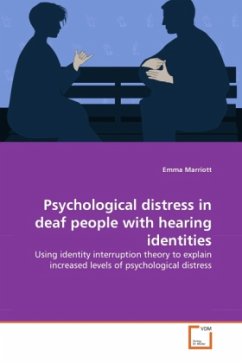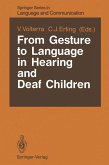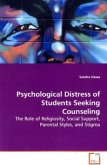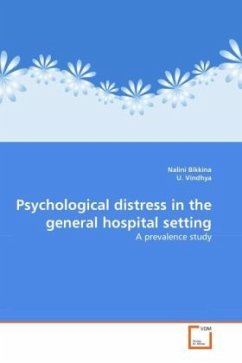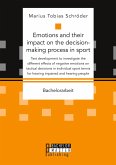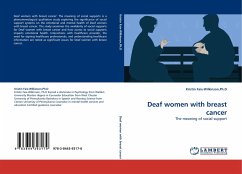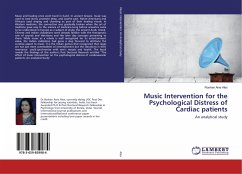This work contains four papers. The literature review looks at how hearing parents may adapt to a deaf child in the family, and considers how the literature supports a disability-stress model of maternal adaptation. Partial support is found for the model, and a revised version is suggested. The aim of the two empirical papers is to examine the relationships between psychological distress, social identity, and identity interruption in culturally and non-culturally deaf adults. Research suggests that interruption to social identity leads to increased psychological distress, and that deaf people who adopt a hearing identity have increased psychological distress. The research aims to consider identity interruption theory to explain higher levels of psychological distress in deaf people with hearing identities. The first of these two papers describes the development of a 20-item Identity Interruption Scale for Deaf people. The second paper uses this scale alongside other standardised measures to look at the relationship between psychological distress, social identity, and identity interruption. The final paper is a reflective venture into the research process.

